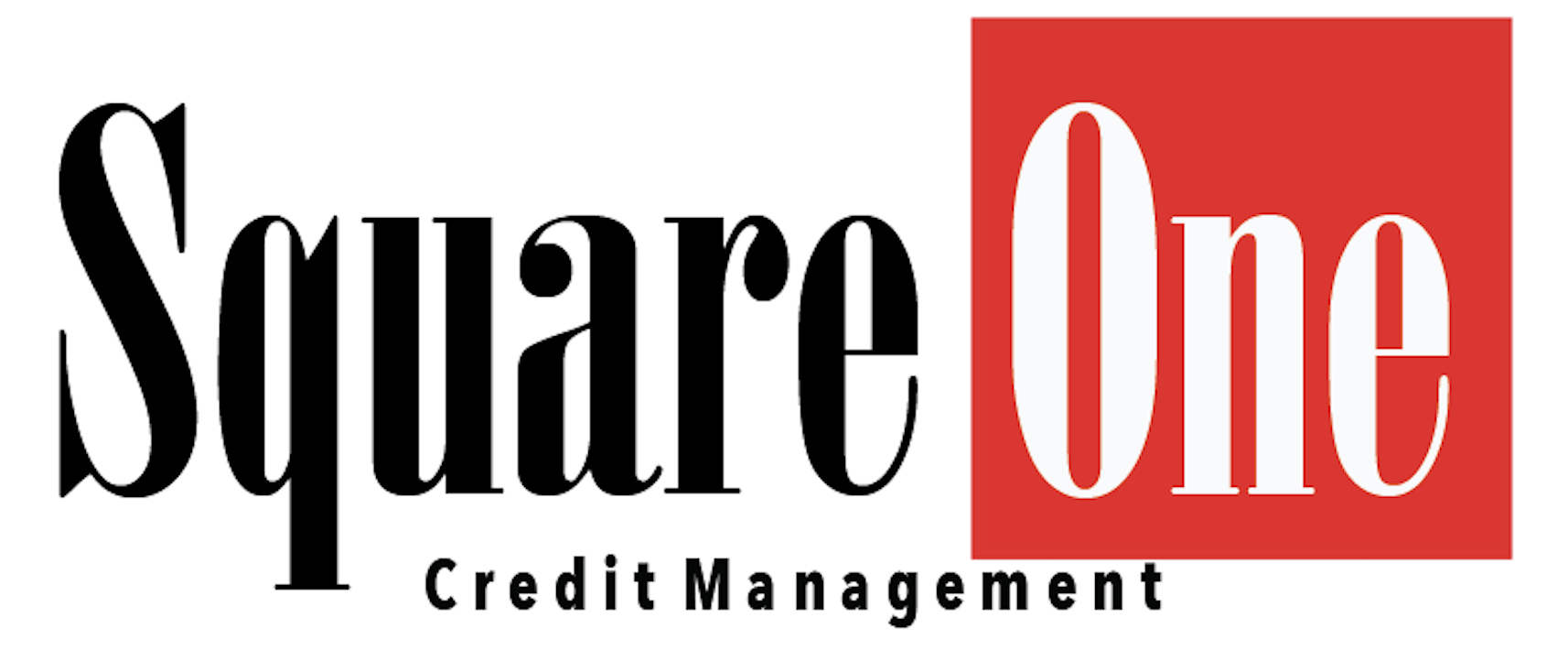
How Can I Build My Credit?
A credit score is more than just a number. A credit score is used for everything from obtaining a job or a lease to having the ability to borrow money or get a credit card. A credit score is based on a combination of factors, including:
- Credit utilization ratio – this is your credit usage compared to the total of all credit limits. It evaluates how much of your available credit is utilized.
- Payment history – payment record that includes late, partial, or missed payments to creditors.
- Credit mix – types of credit accounts including loans, credit card debt, mortgage, student loans, and other credit types.
- Age of your credit – new credit is less stable and more than a small number of new accounts or credit inquiries is considered problematic.
You can build your credit using a variety of highly effective techniques. By implementing these techniques consistently, individuals can increase their credit score in just a few months. Over time, using these same methods will help consumers move their score into the good or excellent range. A score of 670 to 739 is generally considered good, with 740 to 799 considered very good and from 800 to 850 in the excellent range.
To get started and take action on improving your credit score, consider the following proven strategies:
- Use a secured credit card – it is important to show lenders you can manage credit, which is why having a credit card is an effective tool. Choosing a secured credit card, which requires a deposit and then works like a debit card up to that limit, is an effective option as a short-term credit card solution.
- Become an authorized user – family members or partners can create an authorized user on their credit cards, allowing you to get credit for their good credit management history. This is also a temporary arrangement until your score is high enough to obtain your own card.
- Consider a store card – often, store cards have lower limits and are accessible for people with lower credit scores. Using the card and making payments of at least the minimum amount while keeping the balance low is a helpful strategy.
- Increase credit limits – if you have existing cards and a good record of payment, your credit card company may allow you to increase your credit limit. This positively impacts your credit utilization score if you do not use the extra credit and continue to pay down the balance.
- Consider a loan – a small loan or an installment loan allows consumers to borrow money and pay it back over time. Some lenders offer specific credit-builder loans which are ideal for those with thin credit files or current poor credit scores. These loans allow you to borrow money that is placed into a savings account. As you pay off the loan and the interest, the money in the saving account builds for you to access when the loan is completed. These loans are typically for less than $1000, but they build your credit score.
- Check your credit reports – credit reports can include errors. Correcting these errors by contacting the credit bureaus, Experian, TransUnion, and Equifax can help to boost your score.
- Pay more than minimum balances – whenever possible, pay more than the minimum balance. This helps to reduce both the balance as well the interest, allowing you to pay off creditors and to decrease your credit utilization.
- Avoid applying for new credit – applying for any type of credit results in a hard inquiry on your credit report. These inquiries negatively impact your score.
- Avoid closing credit accounts – paying off credit cards and keeping them open rather than closing the account is an advantage. You may also want to transfer the credit limit to another card to keep a positive credit utilization ratio.
- Get credit for bill payments – Experian allows consumers to link their utility, bank, and other accounts to the credit report through their Experian Boost program. TransUnion has eCredable reports that also allow consumers to receive higher credit scores by being financially responsible in paying these types of recurring bills.
- Consider your options – when opening up any type of credit with a lender or a company, check they report to the credit bureaus. This is important as you pay off the loan or the credit.
Once your credit score starts to rise, it is important to focus on paying off debt, avoiding any missed, late, or partial payments, and to avoid overusing credit. Let the experts at Square One Credit Management help you to build your credit. To find out more, call us today at 732-784-3888.
